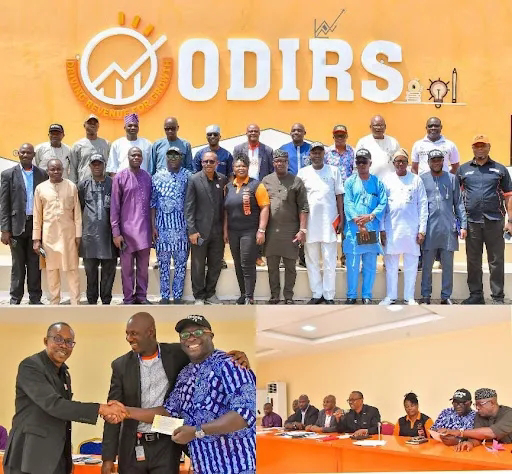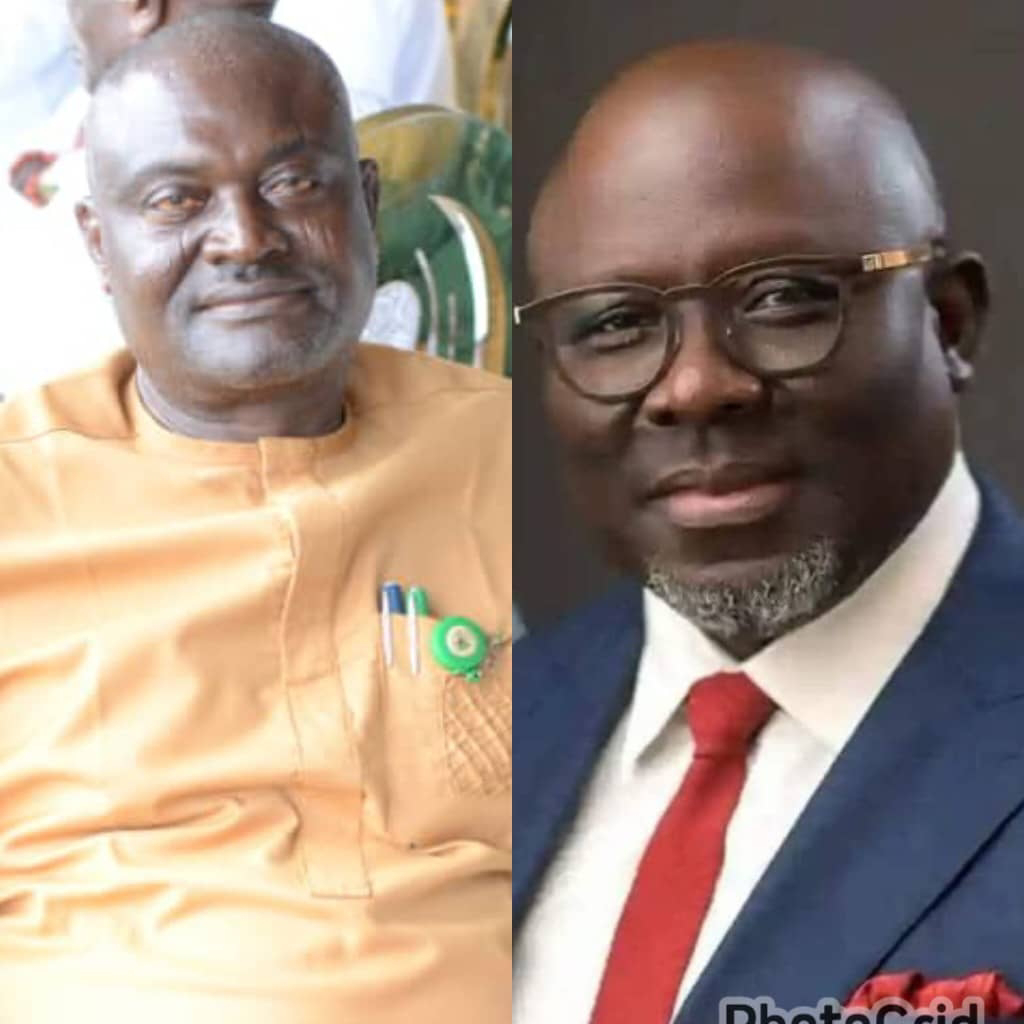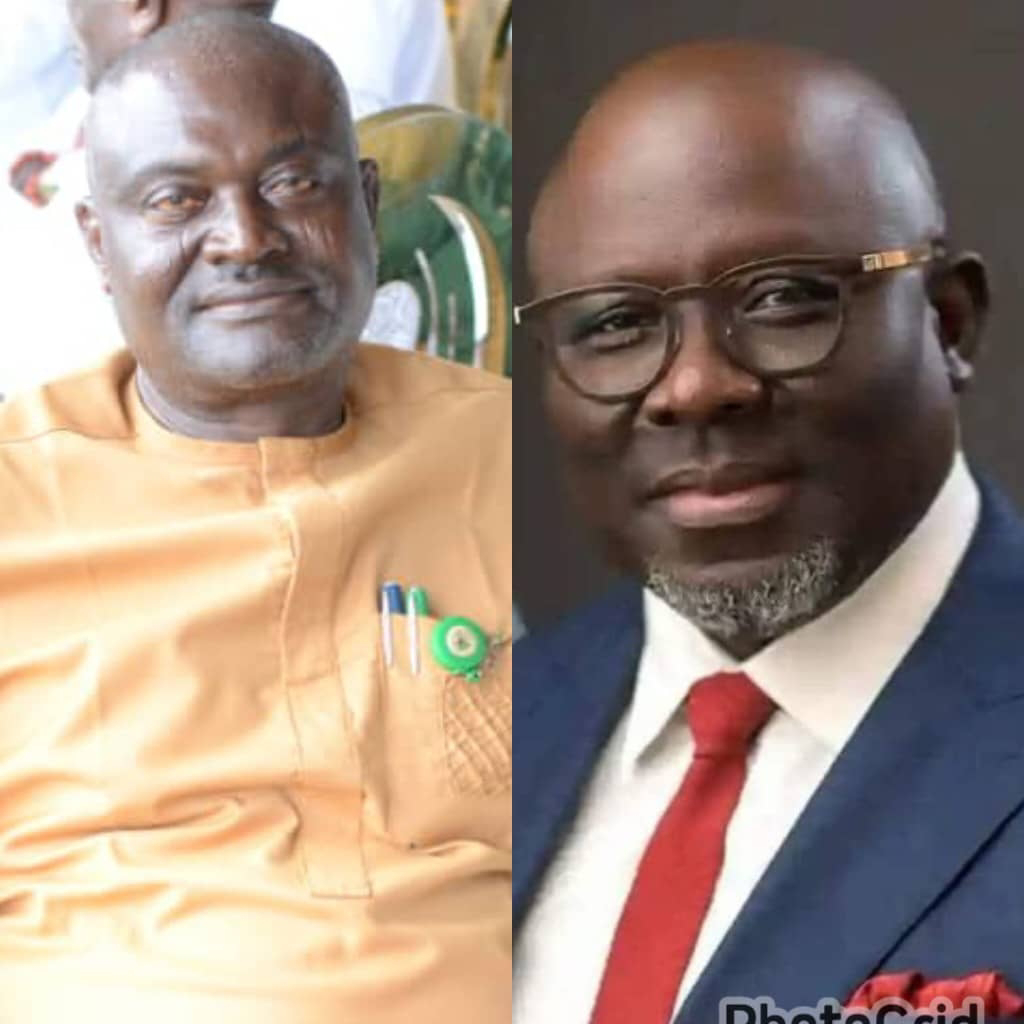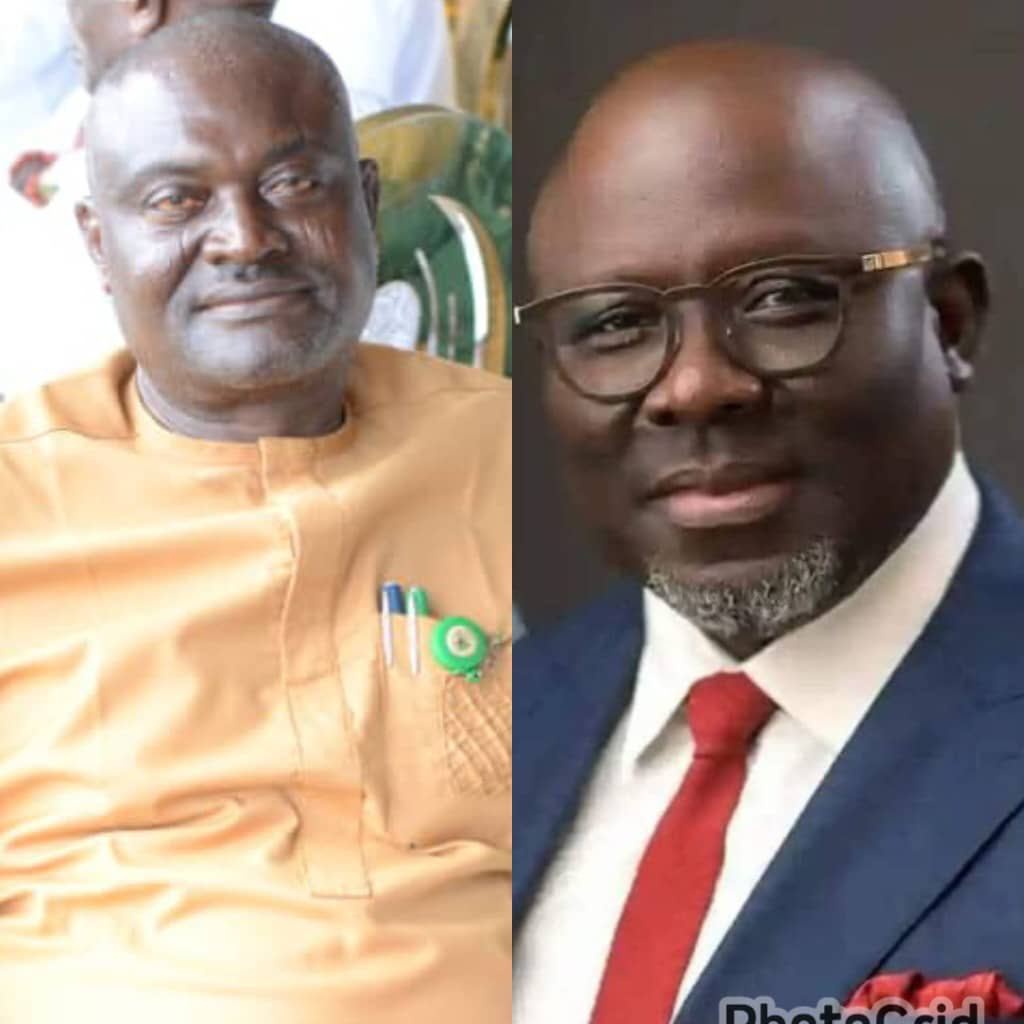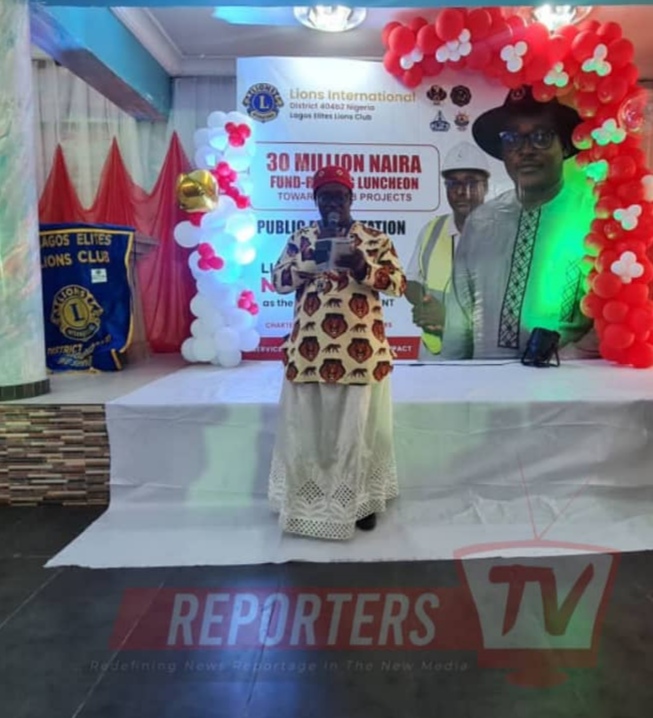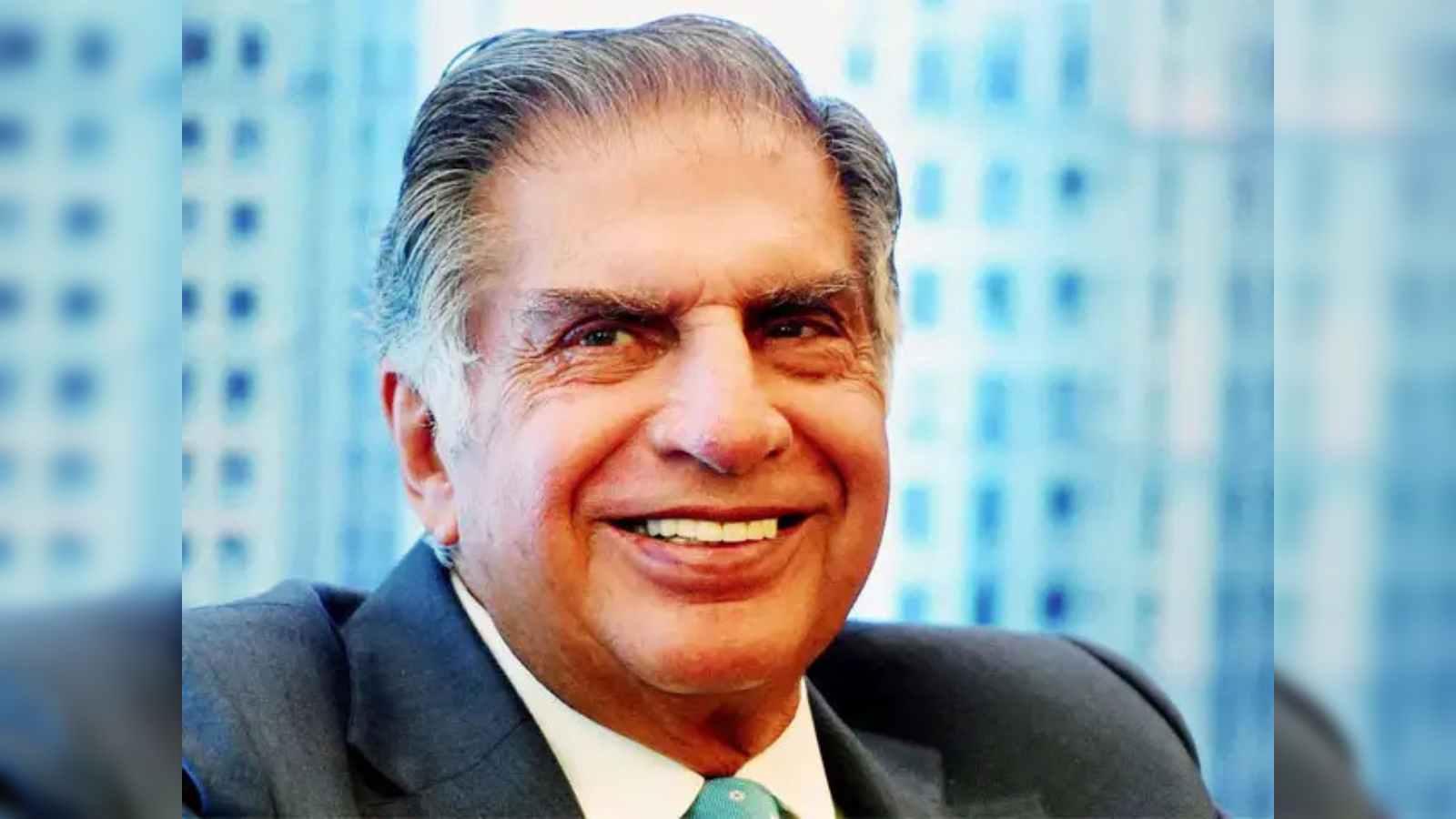The Ondo State Internal Revenue Service (ODIRS) has distributed a total of N42,545,784 to the 18 local government areas of the state as their share of the Land Use Charge and Radio/Television License Fees.
The funds were presented in two cheques amounting to N20,445,784 and N22,100,000, respectively.
Speaking at the Joint State Revenue Committee (JSRC) meeting, the Acting Chairman of ODIRS, Mr. Bayo Rojugbokan, highlighted the significance of the gathering, which serves as a platform for aligning policies and strategies to enhance Internally Generated Revenue (IGR) collection across the state.
He noted that the latest revenue disbursement reflects a marked improvement over previous years, with local government chairmen expressing satisfaction with the increased allocations.
Rojugbokan reaffirmed the Ondo State Government’s commitment to fostering cooperation between local governments and the state’s revenue service.
He emphasized the importance of transparency, integrity, and efficiency in revenue collection, ensuring that all potential income sources are fully utilized.
To streamline the tax payment process, Governor Lucky Aiyedatiwa introduced the I-Ondo digital platform, a system designed to simplify tax payments for residents.
According to Rojugbokan, the platform allows individuals to remit taxes from their homes via bank transfers or direct payments, eliminating the need for physical visits to government offices.
This innovation, he added, reduces fraud risks and enhances transparency in the revenue collection process.
He further assured that the government remains dedicated to improving I-Ondo, making tax payments more seamless and user-friendly.
By minimizing revenue leakages and ensuring direct remittances to government accounts, the digital system strengthens the state’s financial framework and promotes accountability.
Dr. Gbenga Fasua, Chairman of Akure South Local Government and ALGON Chairman in Ondo State, described the revenue disbursement as a significant milestone, noting that it reflects ongoing progress in financial management at the local government level.
He commended ODIRS for its efforts in revenue generation, stressing the vital role of IGR in ensuring financial stability for local governments.
Fasua further pledged to implement innovative revenue strategies, including agro-asset platforms and e-collection systems, to enhance efficiency and curb revenue leakages.
He assured residents that his administration would intensify public awareness on tax compliance, emphasizing that tax payments are crucial for sustainable development.
In a related presentation, financial consultant Dr. Thomson Aiyegunle underscored the need for improved budget preparation, financial control, and revenue management in local governments.
He urged officials to strengthen IGR efforts alongside federal allocations, stressing that sound financial practices are essential for efficient service delivery and grassroots development.
The event reinforced Ondo State’s commitment to a more transparent and accountable revenue collection system, ensuring steady economic growth and improved public services.

